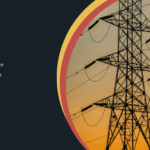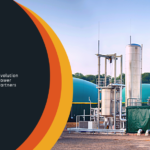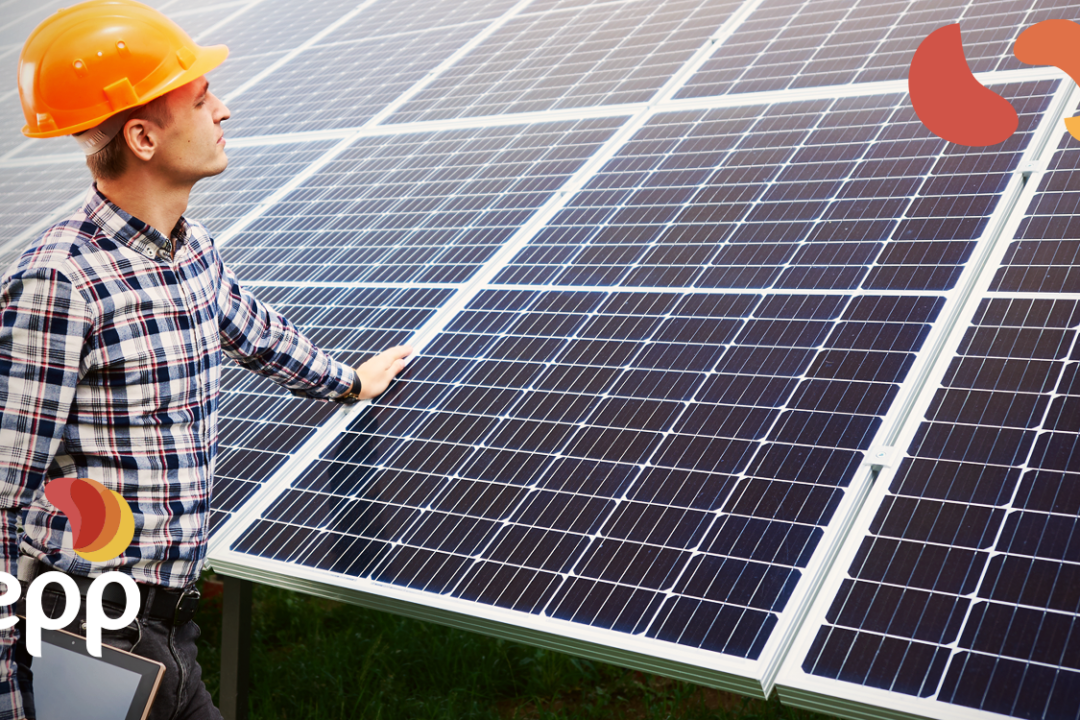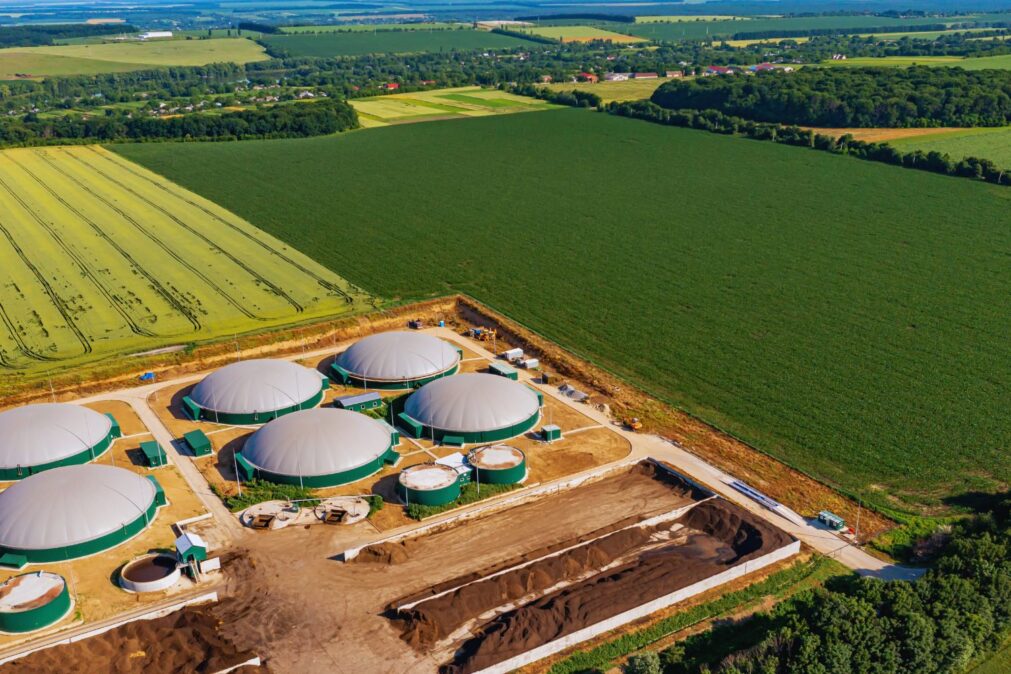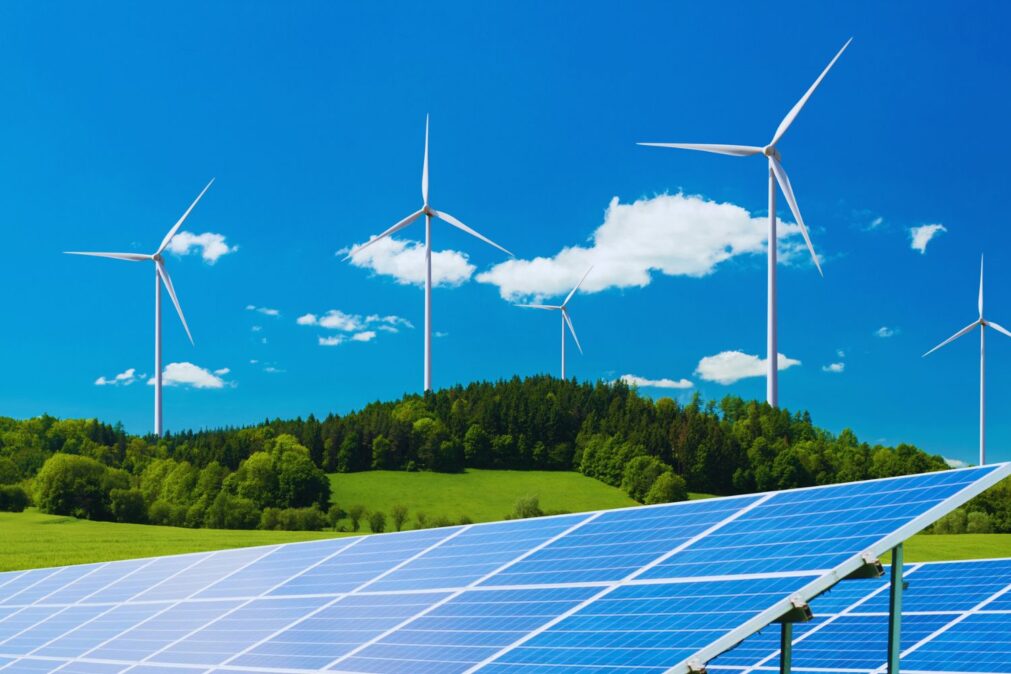Investing in a low carbon economy is synonymous with economic, social and environmental development. See the advantages of Brazil for this change.
The low carbon economy is a project that proposes actions with the objective of reducing the impacts of the generation of Greenhouse Gases (GHGs) on the environment. By encouraging a low carbon economy, countries are able to develop the economy, generate employment and invest in sustainability.
Brazil has always played a leading role in the environmental agenda and has a strong role in environmental preservation. The natural heritage is unique, with 62% of the national territory covered by native vegetation and the greatest water availability in the world.
In the energy sector, 85% of its production comes from renewable sources and we are the second largest producer of biofuels. Therefore, the country has a huge competitive advantage in a low-carbon economy scenario.
Brazil’s competitive advantages in a low carbon economy
Positive track record in sustainable development
Even with recent changes, Brazil has a strong history of acting in sustainable development policies, since Brazil was the official host of Rio 92, the main world conference on sustainable development worldwide.
In addition, the country has always been a signatory to the main climate agreements and has also always invested in clean and renewable sources, with part of the energy sector focused on this. For example, with a favorable natural scenario, such as water resources, solar abundance and territorial extension and a windy coastline, hydro, solar and wind sources have always been sources of investment, establishing a low carbon economy for many years.
Low carbon economy as economic development
Although it is already on the right path towards reduction, there is much to be done and industry and important economic sectors have already understood their role in the search for a decarbonized economy. Several organizations have already prioritized becoming carbon zero or carbon neutral in the coming years. This brings advantages throughout the chain, from the consumer, through the company to the government.
With the adoption of a low carbon economy, it is possible to bring economic growth to the country, since it is possible to generate jobs and foster new technologies with a cleaner industry. In addition, there are financial incentives and government programs that promote new technologies and actions. So, as the recent created carbon market.
The creation of the regulated carbon market
Currently, Brazil faces a scenario in which it has not been able to fully advance the proposals of the UN 2030 Agenda. Therefore, there are many challenges to maintain environmental policies and develop the decarbonization market, especially in more polluting sectors, such as industry and transport.
In this sense, the creation of the Regulated Carbon Market is a more effective proposal that should complement the strategy for compliance with the Paris Agreement. In May 2022, the federal government published a decree that establishes procedures for the preparation of Sectoral Climate Change Mitigation Plans and institutes the National System for the Reduction of Greenhouse Gas Emissions.
The measures contained in the decree benefit the environment, the population and various sectors of the economy, such as energy, oil and gas, waste, transport, logistics, infrastructure, agribusiness, steel and cement.
This creates a regulated carbon market, focusing on the export of carbon and methane credits, especially for countries and companies that need to offset emissions to meet their carbon neutrality commitments. In other words, this market is more suitable than taxation mechanisms because it stimulates the business environment, innovation and competitiveness of companies, without increasing the tax burden.
Therefore, to limit the rise in temperature on the planet, it is necessary to invest in innovation and technology, in addition to promoting changes in production structures and business models. If you liked the content, follow us on social networks and don’t miss any news.
